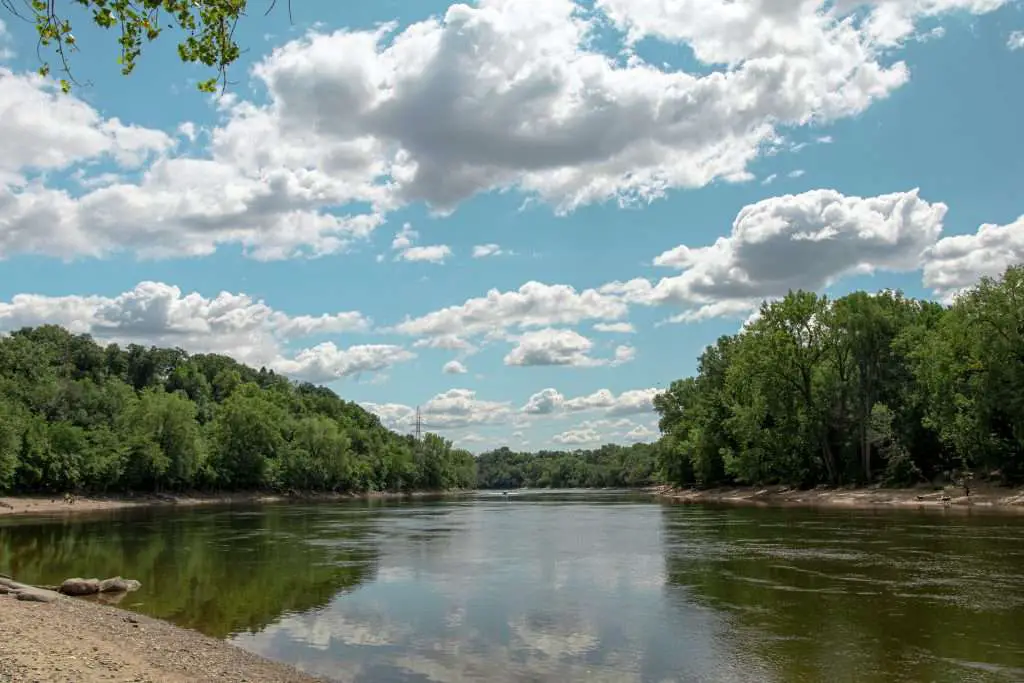Living off-grid in rural Mississippi may not be the first thing that comes to mind when considering alternative lifestyles, but the state’s affordable land and low monthly expenses make it a surprisingly suitable option. Despite its negative reputation, Mississippi’s high poverty levels result in cheap land prices and reduced living costs for those who choose to disconnect from the grid. However, while living off-grid is generally permitted in rural areas, it can be restricted in more developed regions due to sewer system connections. Additionally, Mississippi’s laws have yet to catch up with newer off-grid technologies, making the permitting process a bit more challenging. Nevertheless, for those looking to embrace a simpler life and minimize their expenses, Mississippi’s rural areas offer an opportunity worth considering.
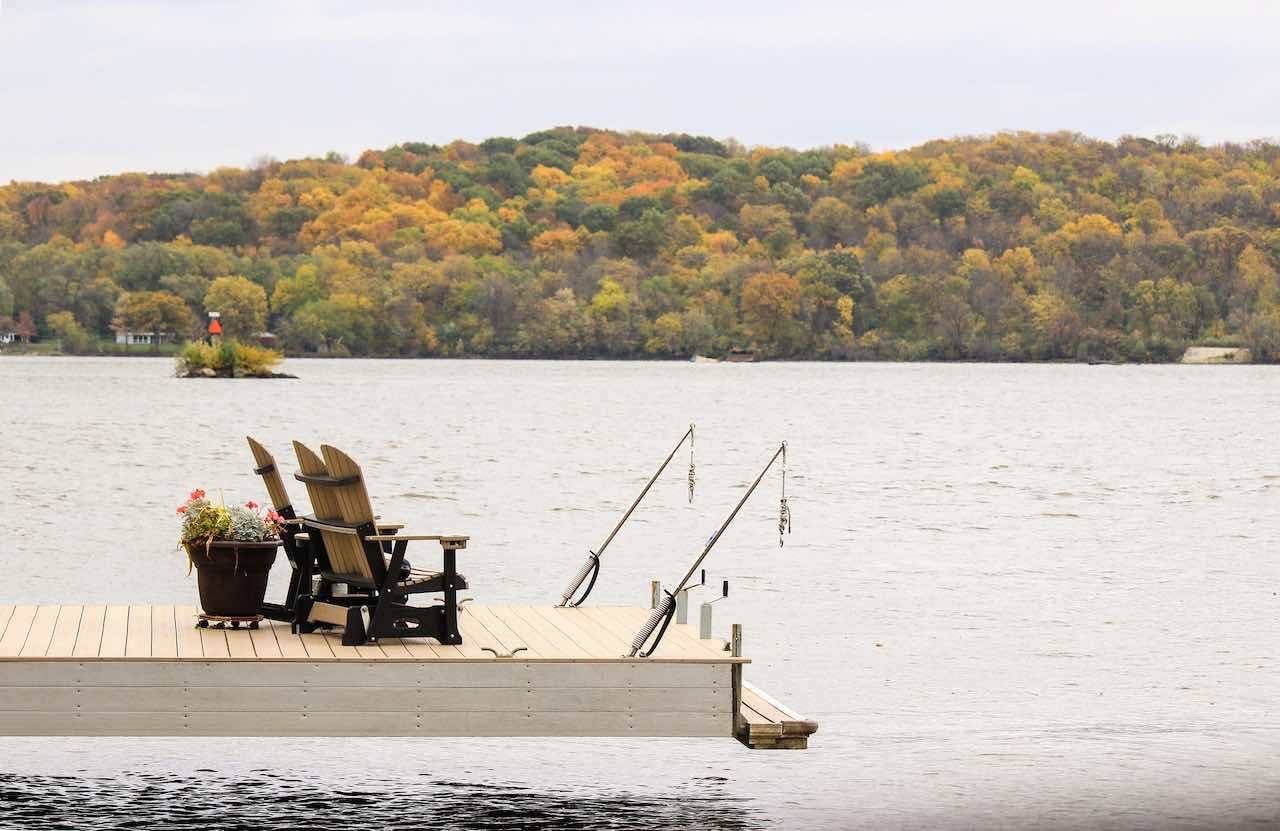
Living off-grid in rural Mississippi: Cheap land and low expenses
Living off-grid in rural Mississippi offers many advantages, including cheap land and low monthly expenses. Despite the state’s negative reputation, it is actually quite suitable for off-grid living. Mississippi’s high poverty levels contribute to affordable land prices, making it an attractive option for those looking to live off the grid. Additionally, the low monthly expenses associated with off-grid living in Mississippi make it a cost-effective choice.
Mississippi’s suitability for off-grid living
Negative reputation versus suitability for off-grid living
While Mississippi may have a negative reputation in certain areas, it is important to recognize its suitability for off-grid living. The state’s high poverty levels have resulted in cheap land prices and a lower cost of living, making it an ideal location for those seeking a more self-sufficient lifestyle.
High poverty levels and cheap land
Mississippi’s high poverty levels have had a significant impact on land prices in the state. As a result, land is relatively cheap and accessible to those interested in off-grid living. This affordability allows individuals and families to secure large plots of land for their off-grid homes and sustainable practices.
Low monthly expenses in Mississippi
In addition to cheap land, living off-grid in Mississippi also offers low monthly expenses. By adopting a self-sufficient lifestyle, individuals can reduce or eliminate monthly utility bills, such as water and electricity. This can lead to significant cost savings and a more sustainable way of life.
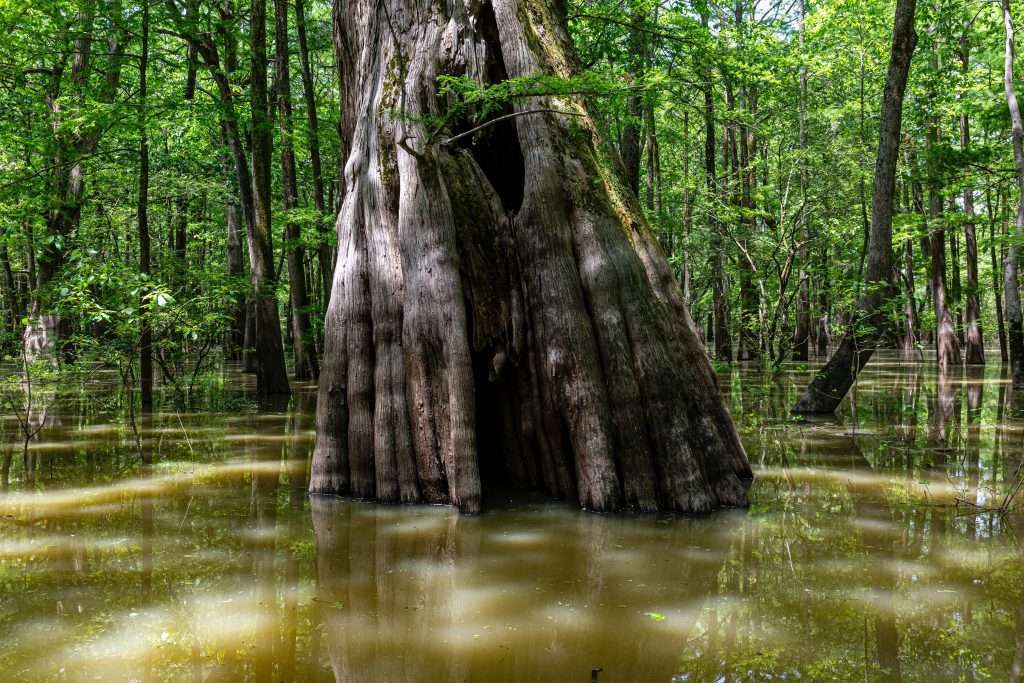
Cheap land and low monthly expenses
The impact of high poverty levels
One of the key factors contributing to Mississippi’s suitability for off-grid living is the state’s high poverty levels. While poverty negatively affects many aspects of life in Mississippi, it has inadvertently led to the availability of affordable land. This affordability allows individuals interested in off-grid living to purchase sizable plots of land at significantly lower prices compared to more developed areas.
Availability of affordable land in Mississippi
Mississippi’s rural areas are rich with land that is both affordable and suitable for off-grid living. These areas allow individuals to find large, secluded plots of land where they can establish their off-grid homes and create sustainable lifestyles. Whether it’s for agricultural purposes, constructing green homes, or simply embracing a more self-reliant lifestyle, Mississippi offers ample opportunities for individuals seeking affordable land.
Costs of living off-grid in rural areas
Living off-grid in rural Mississippi comes with its own set of expenses. While monthly utility bills may be significantly reduced or eliminated, there are other costs to consider. These include the initial investment in off-grid technologies such as solar panels, water filtration systems, and composting toilets. Additionally, ongoing maintenance and repair costs, as well as the expenses associated with growing one’s own food, should be taken into account.
Comparison to living expenses in more developed regions
When comparing the costs of living off-grid in rural Mississippi to more developed regions, the advantages become evident. In urban and suburban areas, the cost of land is often prohibitively high, making it difficult for individuals interested in off-grid living to secure suitable plots. Additionally, monthly living expenses, such as mortgage payments, utility bills, and property taxes, can be significantly higher in these areas. Therefore, Mississippi’s cheap land and low monthly expenses make it a more affordable option for those looking to live off the grid.
Permitting restrictions in developed regions
Legal considerations for off-grid living
Before embarking on an off-grid living journey, it is crucial to understand the legal considerations involved. While living off-grid is generally permitted in rural areas, it can be more challenging in developed regions. These areas often have strict regulations and permitting requirements that must be followed to ensure compliance with building codes, sewer system connections, and other essential infrastructure.
Restrictions on off-grid living in developed areas
In more developed areas of Mississippi, there may be restrictions on off-grid living due to the need for sewer system connections. Local authorities may require properties to have access to sewer systems, making it difficult for individuals to live entirely off-grid. These restrictions can limit the opportunities for off-grid living in populated and developed areas, pushing individuals towards rural regions where such requirements may be less stringent.
Importance of sewer system connections
Sewer system connections play a vital role in public health and sanitation. It ensures proper waste disposal, reducing the risk of contamination and maintaining hygienic conditions. While off-grid living focuses on self-reliance, ensuring that waste disposal, whether through septic systems or other solutions, meets local regulations is essential for the well-being of both individuals and the surrounding community.
Permitting challenges in Mississippi
Obtaining permits for off-grid technologies can be challenging in Mississippi. The state’s laws have yet to fully accommodate the use of newer off-grid technologies such as solar panels and rainwater harvesting systems. As a result, individuals interested in incorporating these sustainable practices into their off-grid lifestyle may encounter difficulties in obtaining the necessary permits and approvals. Engaging with local authorities and seeking guidance from professionals in the field can help navigate these permitting challenges effectively.
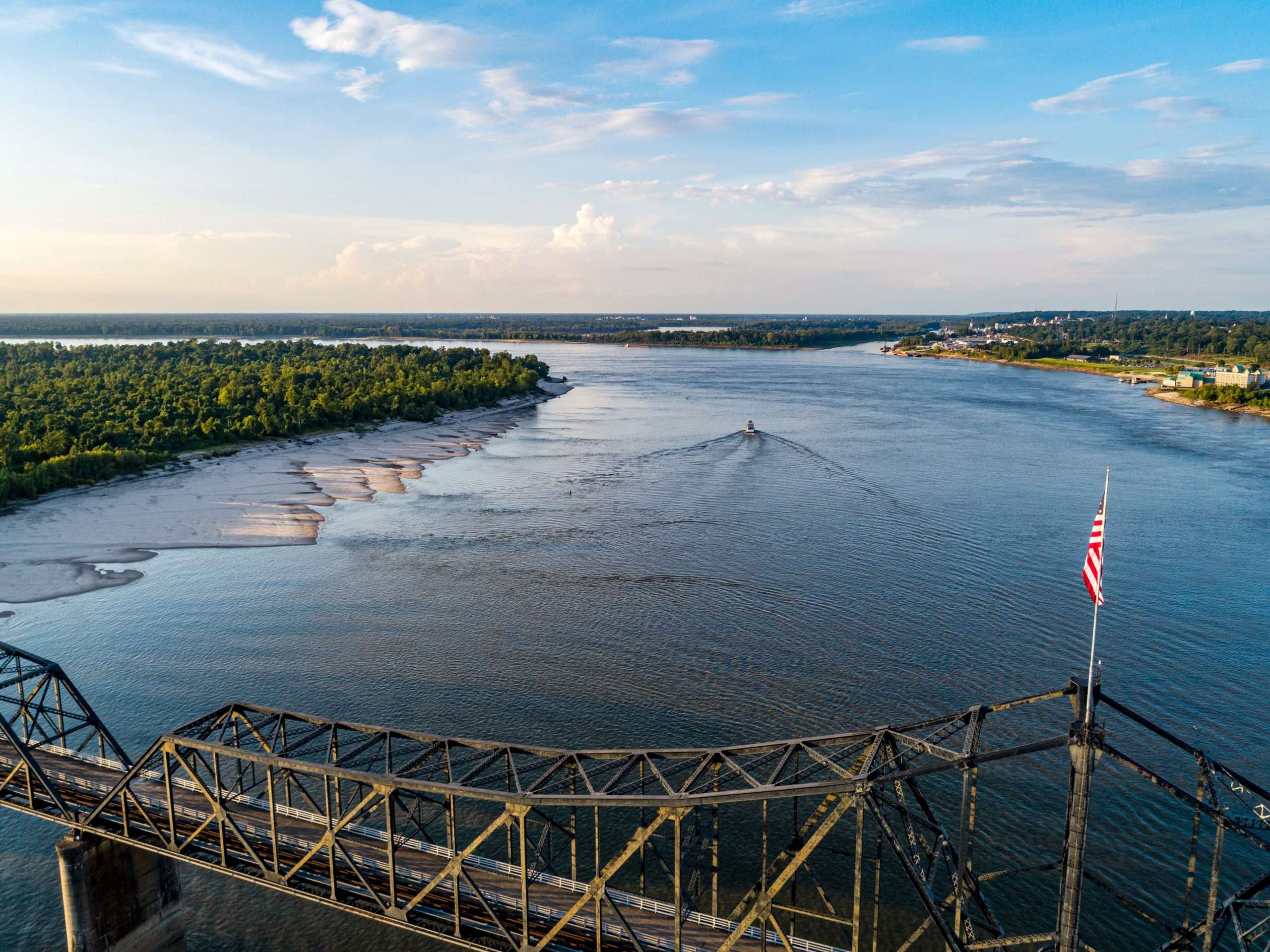
Challenges with off-grid technologies
Lack of adaptation in Mississippi’s laws
One of the challenges faced by off-grid individuals in Mississippi is the lack of adaptation in the state’s laws to accommodate newer off-grid technologies. While many states have updated their regulations to promote sustainable practices and off-grid living, Mississippi lags behind in this regard. This can make it difficult for residents to fully embrace off-grid living and integrate advanced technologies into their self-sustaining systems.
Difficulties in obtaining permits for off-grid technologies
The outdated laws and regulations in Mississippi can lead to difficulties in obtaining permits for off-grid technologies. Solar panels, for example, are still not widely recognized as a viable energy option by some local authorities. This can create barriers for individuals looking to rely on solar power for their off-grid energy needs. Overcoming these difficulties may require persistence, education, and collaboration with local policymakers and officials.
Dealing with black mold in Mississippi homes
High humidity and its impact on homes
Mississippi’s hot and humid climate poses challenges for off-grid living, particularly when it comes to black mold. High humidity levels can lead to the growth of black mold, a common issue in many homes throughout the state. Black mold not only affects the structural integrity of homes but also poses health risks to residents.
Preventing and addressing black mold issues
To prevent and address black mold issues in off-grid homes, it is essential to implement proper ventilation and moisture control measures. This can include using dehumidifiers, ensuring proper insulation, and regularly inspecting and addressing any signs of moisture or water damage. Additionally, proper cleaning and maintenance practices can help prevent the growth of black mold and promote a healthy living environment.
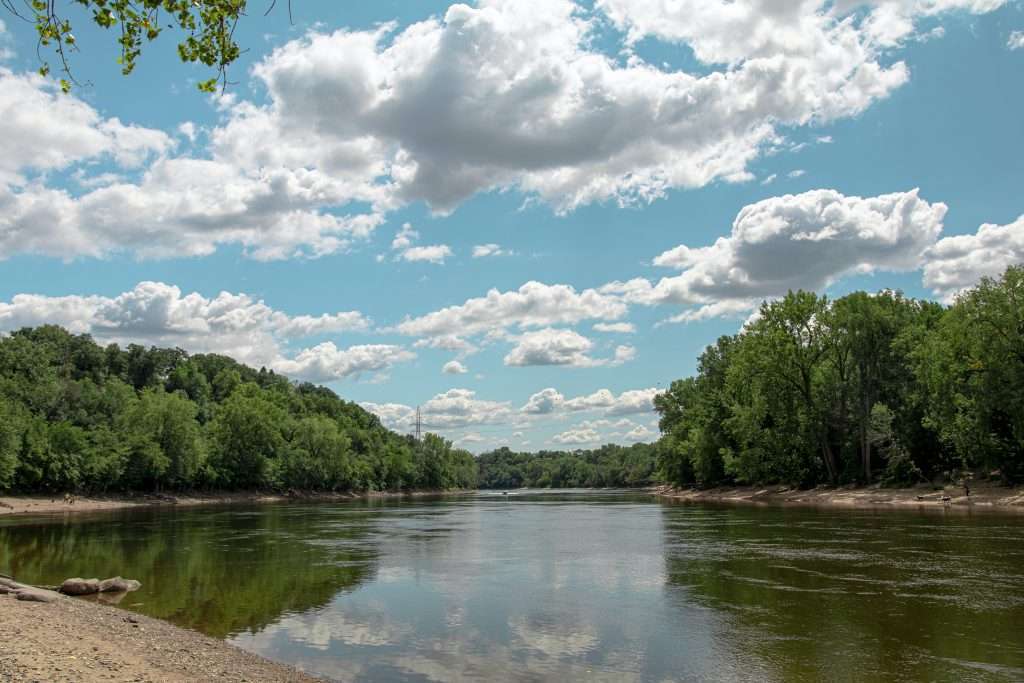
Rural population and utility connections
Distribution of Mississippi’s population
Mississippi’s population is primarily concentrated in rural areas, with a significant portion of residents living outside of urban centers. This distribution provides ample opportunities for individuals interested in off-grid living to find suitable land away from highly populated areas.
Majority living in rural areas without utility connections
The majority of Mississippi’s population living in rural areas often lack access to utility connections. This lack of infrastructure presents an opportunity for off-grid residents to create their own self-sufficient systems for water, electricity, and waste disposal. Living off the grid in rural Mississippi allows individuals to embrace a more sustainable way of life while enjoying the benefits of a rural environment.
The climate in Mississippi
Hot and humid climate
Mississippi experiences a hot and humid climate for a significant portion of the year. Summers can be sweltering, with high temperatures and high humidity levels. This hot and humid climate poses challenges for off-grid living, particularly in terms of maintaining comfort and managing energy consumption.
Mild winters and their impact on off-grid living
While Mississippi’s summers can be challenging, the state’s winters are generally mild. Mild winters contribute to a more comfortable off-grid living experience, requiring less energy for heating and insulation. This allows off-grid residents to focus on other aspects of self-sufficiency, such as sustainable agriculture and water management.
Challenges of humidity for crop cultivation
Mississippi’s humidity can present challenges for crop cultivation in off-grid settings. High humidity levels can contribute to plant diseases, especially fungal infections. Careful crop planning, proper irrigation systems, and adequate airflow can help mitigate the negative effects of humidity on crop production.
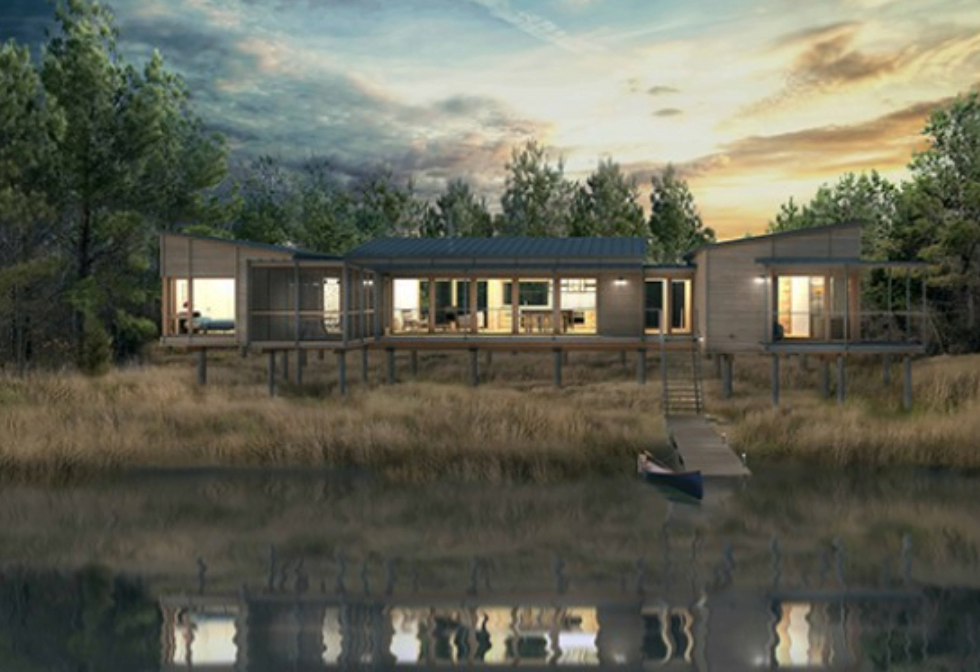
Illegally occupied plots of land
Occupying small plots of land illegally
In remote areas of Mississippi, some individuals occupy small plots of land illegally. These plots are often located in secluded regions and are attractive to those seeking off-grid living opportunities. However, it is important to note that illegally occupying land poses legal and ethical implications.
Remote areas and their appeal for off-grid living
Remote areas in Mississippi have a particular appeal for those interested in off-grid living. The seclusion and privacy offered by these areas provide individuals with the opportunity to live self-sufficiently and embrace a more sustainable lifestyle. However, it is important to respect property rights and adhere to legal processes when seeking land for off-grid living.
Consequences of illegal occupation
Engaging in illegal occupation of land can have serious consequences. Legal measures can be taken against those who infringe upon property rights. It is crucial to respect the laws and regulations in place to ensure a harmonious and sustainable off-grid living experience.
Dealing with natural disasters in Mississippi
Tornadoes, floods, and hurricanes in Mississippi
Mississippi is prone to natural disasters, including tornadoes, floods, and hurricanes. These events can pose challenges and safety concerns for individuals living off-grid. Proper planning and preparedness are crucial to mitigate the risks associated with natural disasters.
Precautions for off-grid living
Off-grid residents should take necessary precautions to safeguard their homes and themselves during natural disasters. This includes having emergency plans, securing structures and equipment, and staying informed about weather conditions. Additionally, having access to alternative power sources, such as generators and backup batteries, can help ensure a consistent energy supply during power outages.
Living off-grid in rural Mississippi offers many benefits, including cheap land and low monthly expenses. Despite the challenges, such as high humidity and natural disasters, individuals interested in off-grid living can find suitable opportunities in Mississippi. By carefully considering legal considerations, adopting sustainable technologies, and embracing self-sufficiency, individuals can create fulfilling and sustainable off-grid lives in this rich and diverse state.

